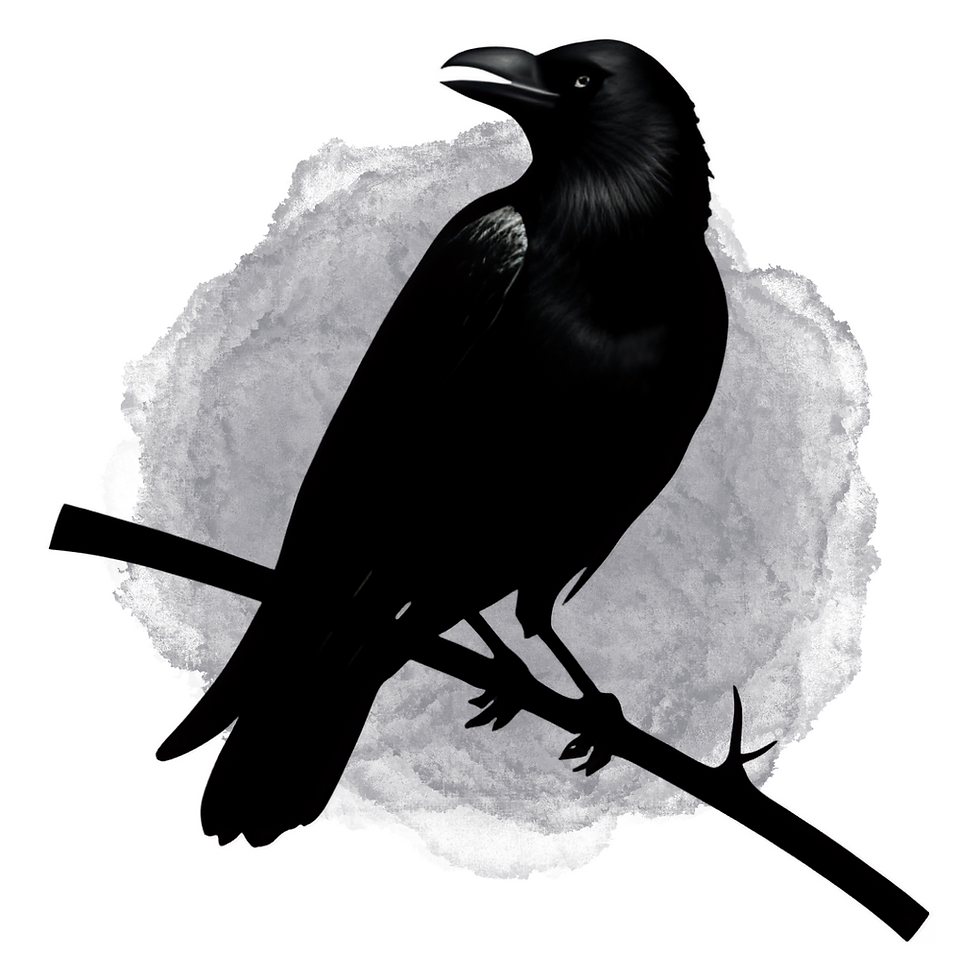Moonshine, Murders, and Mystery: The Allure of Southern Noir Fiction
- TH.Malcolm

- Jan 22, 2025
- 4 min read
Updated: Oct 4, 2025
There’s something about the South—the kind of place where secrets fester beneath genteel smiles, and history lingers like the scent of magnolias on a hot summer night. It’s a region steeped in tradition, tangled relationships, and contradictions. And in the world of fiction, it makes for the perfect backdrop for Southern noir.

But what exactly is Southern noir? It's more than just crime stories set below the Mason-Dixon line. It's about grit, atmosphere, and a certain inescapable weight of history. It’s about crime in places where everyone knows your name, swears they know everything about you, but no one really knows the truth. Where moonshine flow
s freely, justice is personal, and danger lurks in the most unexpected places.
What Makes Southern Noir Unique?
Southern noir—or rural noir—is a subgenre of crime fiction that thrives on gritty realism, moral ambiguity, and the weight of place. It’s not just about the crime itself; it’s about the people caught in the middle, their choices, and the consequences that ripple through their tight-knit communities.
Some of the key ingredients that define Southern noir fiction include:
Secrets and Lies: Small towns are notorious for their whispers. Generations of buried scandals simmer just beneath the surface, waiting to erupt.
Isolation: Whether it’s deep in the Appalachian Mountains or a dusty backroad in Mississippi, isolation shapes the characters and their struggles.
Justice vs. Survival: In a world where law enforcement is often unreliable or corrupt, characters take matters into their own hands, blurring the lines between right and wrong and necessity.
The Land Itself: The landscape is almost a character in its own right—whether it's the shadowy depths of the bayou, the desolate fields, the lonely mountains and plateaus of the rural South, or the overgrown cemeteries that hold long-forgotten truths.
In these stories, crime is personal. Revenge is raw. And justice? Well, it’s complicated.
Why I Write Southern Noir
I never set out to write crime fiction, let alone noir. When I first started writing, I thought I’d craft happy stories filled with hearts, roses, and romance. But once I put pen to paper, I discovered something darker lurking in my soul—crime, mayhem, and terror in small-town settings.
What fascinates me most about writing Southern noir is how everyday life collides with the unexpected. I love taking a close-knit community and dropping a sinister event right in the middle of it. Seeing how people react—how they adapt, survive, and sometimes fall apart—is the heart of my storytelling.
I write about strong women who don’t always follow the rules. Women who are expected to be demure and obedient, but who instead push back, dig in, and uncover the truth—no matter how ugly it might be.
A Historical Perspective: Crime in a Simpler Time
One of the things that makes my take on Southern noir unique is the historical setting. In the early 20th century, small towns were even more insular, and communication was painfully slow—sometimes nonexistent. Without modern technology, solving a crime relied on word of mouth, observation, major legwork, and gut instinct. Gossip was currency, and information traveled through whispers rather than headlines. You’ve heard the term “jungle tom-toms” used to describe a gossip chain? Well, in the South, that’s a whiny fiddle echoing off the empty hills.
Historical Southern noir strips away the conveniences of today and throws characters into a world where they have to rely on their wits, their instincts, and sometimes a well-placed shotgun.
Influences and Inspirations
While Southern noir may not always have the same widespread recognition as traditional crime fiction, it has its champions. Some of my inspirations include:
Daniel Woodrell (Winter’s Bone) – A master of rural noir who captures the desperation and beauty of small-town survival.
Flannery O’Connor (A Good Man is Hard to Find) – A Southern Gothic powerhouse whose characters embody the dark, twisted heart of the South.
Attica Locke (Bluebird, Bluebird) – A modern voice in Southern noir, weaving racial tension and history into gripping crime stories.
William Faulkner – The original architect of Southern intrigue, whose tangled family sagas and rich settings still influence the genre today.
These authors have shown me that the South is a rich, tangled web of history, crime, and deeply human struggles—perfect for noir storytelling.
What Readers Can Expect from My Stories
If you pick up one of my books, expect grit, mystery, and strong female protagonists who refuse to back down. Expect relationships—sometimes messy, sometimes raw, but always real. And expect a journey through the South that’s as beautiful as it is dark, filled with crimes that shake even the most idyllic of small towns.
My stories don’t offer perfect endings or neatly wrapped solutions. Because in Southern noir, justice doesn’t always come clean, and the truth has a way of staining everything it touches.
Let’s Keep the Conversation Going
Southern noir is a genre that continues to evolve, and I’m thrilled to be a part of it. Whether you’re a reader, a fellow writer, or just someone curious about what happens when small towns turn dark, I’d love to hear your thoughts. Let’s swap stories—ping me on Instagram or X and tell me what you love about Southern noir.
Join me on this journey as I explore moonshine, murder, and mystery and the allure of Southern Noir fiction—one story at a time.


